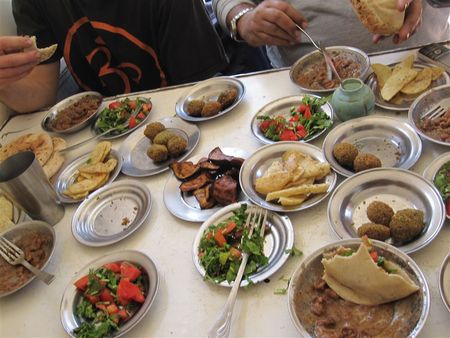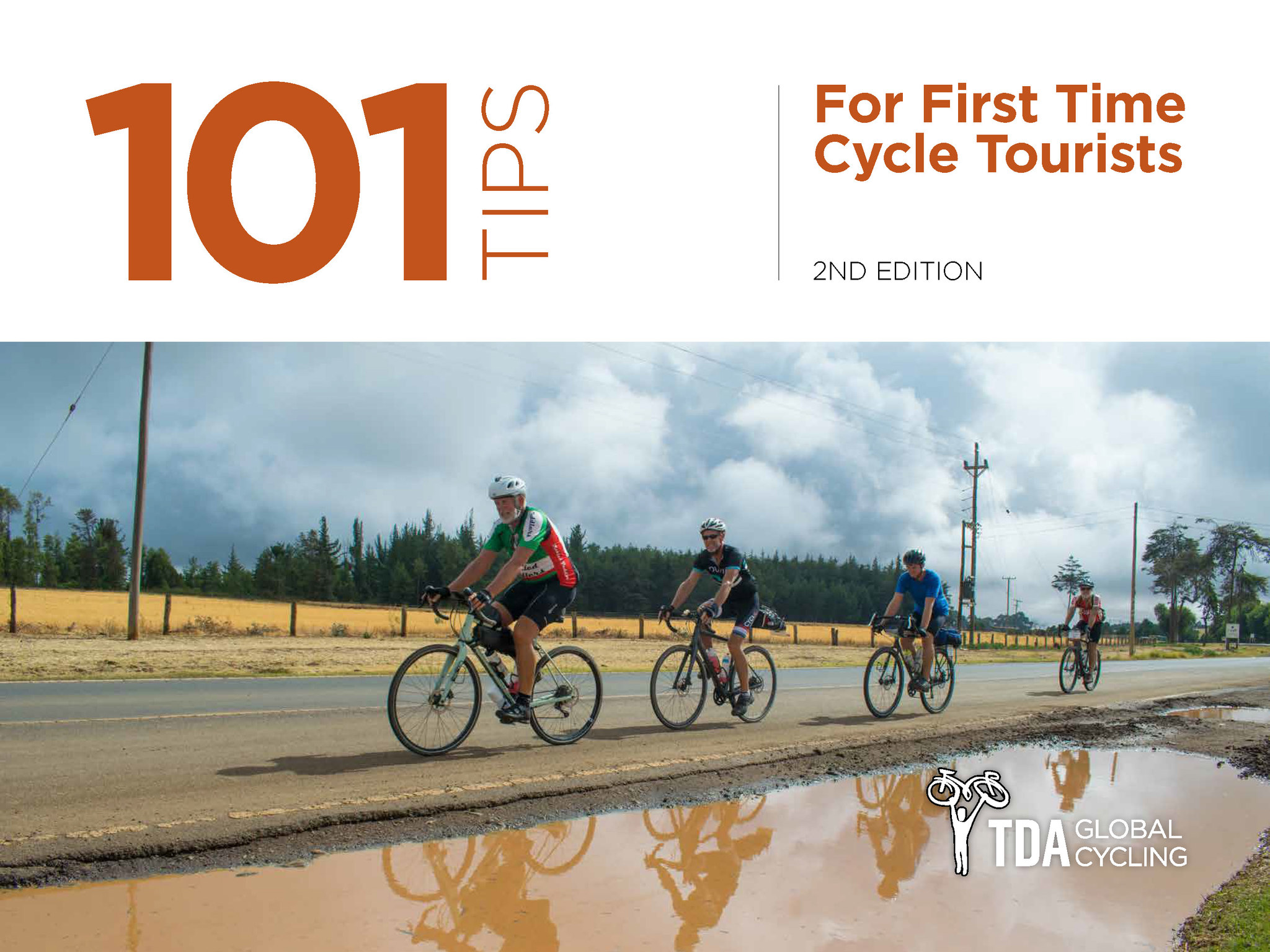Blog
Offaly Delicious

Sudan is a nation composed of nearly 600 tribal groups which, along with geographical variations, lend to Sudanese cuisine subtle regional differences. Many of the staple dishes here are popular throughout the Arab world. During the rule of the Ottoman Empire, Syrian and Arabian traders and settlers introduced spices and popular Middle Eastern vegetables such as garlic, pepper, and chillies.
With limited resources the food of Sudan is generally simple, but slowly evolving. Sudanese are resourceful people, and they put to use everything that is available to them. The majority of people here are herders; tending to goats sheep, cows and camels. In a land that has so little in the way of resources, it is reasonable to expect that every part of the animal is used.
Staple Foods:
Wheat: Wheat originated in Nubia and remains to this day a staple of Sudan, especially in the North. The bread of Sudan is utterly divine; thick, moist and chewy, it goes a long ways to making basic meals more enjoyable
Sorghum: The main dish of central Sudan is a crepe like flat bread made of sorghum know as kisra. Kisra is often served with fuul, and eaten with the hands. Sorghum is also used to make a porridge which is served with dried okra.
Milk is popular, and is used to produce a number of products including, ghee, buttermilk and cheese in order to prolong its shelf life during periods of abundance
Cheese is generally made from cows milk but can be produced from any combination of cow, ewe, goat, or powdered milks. The cheese of Sudan has a consistency and flavour similar to an intense feta.
Along the Nile and in the marshy south fish plays an important role in the cuisine. Elsewhere it is non-existent.
Sesame: Sudan is the largest exporter of Sesame in the world, producing over 300 tons of the tiny seed annually. While the majority of the crop is exported and used to produce oil and tahini, a small percentage remains within Sudan, and is a vital part of zaataar a Middle Eastern spice mix, along with thyme leaves, oregano leaves, and sumac
Arab Vegetables: Along with the basics of tomato and onion; okra and eggplant are popular vegetables in Sudan
Street Food / Snacks: At times the cuisine of Sudan feels like that of Egypt reduced to the basics. While the street food staples of bread, fuul and falafel, are in every corner, more adventurous travelers will find all sorts of more interesting options.
My beloved falafel has been stripped down to the basics. While the bread has become thicker and more pleasant than the Egyptian varieties, our accompaniments have become rather limited. Anything above and beyond a slice of tomato should be considered a bonus.
Fuul is a staple still. Previously I had stated that the fuul of Sudan is basic with few additions. I was wrong. The fuul of Sudan is exciting and delicious. Grated cheese, boiled eggs, tomato cucumber and onion are often added. The fuul alone is very flavourful, but with these extras it is borderline ethereal.
Fish is available, depending on our proximity to fresh water sources. The fish is treated simply with a quick deep fry a sprinkling of salt, and a squirt of lemon. A classic stand-by in the streets of Khartoum
Organ meats: Liver is the most popular of the organ meats, but as mentioned before, every part of the animal is utilized. Brain fans rejoice! Sheep's head is a delicacy here. This is exactly as it sounds, the whole head is cooked, then chopped into bite sized pieces. A little bit like trail mix in that you have to sort through for the good parts. The tongue seems to be especially desirable. Not for the faint at heart.
Drink: Tea is generally served sickly sweet here, but by now, we're used to that, and many come to prefer it. Occasionally it can be found with mint or milk. As with Egypt, hibiscus is popular either cold or hot
Sudanese coffee is similar to Turkish coffee, but still maintains its own unique style. After frying the beans over charcoal with cloves, cardamom, and ginger they are then ground with a mortar and pestle or spice grinder. This mixture is then steeped in hot water and then strained through a sieve into little cups.
Alcohol is strictly forbidden, throughout the country, but especially in the North. The semi-nomadic Southerners, don't necessarily abide by Arab laws, and produce some home distilled alcohols from Dates and other fruits. For a variety of reasons (food safety, and local law) none of these can be recommended.
What the riders can expect from the TDA kitchen:
Options in Sudan are seriously limited. As with Egypt they can expect lots of tomatoes and onions. We will go through stretches where eggplant and okra are the only available extras. Cabbage, beets, green beans, and carrots, will be available in some markets. As we travel further from Egypt, availability will continue to decrease.
Sudanese cheese provides a nice change of pace. When it is available they can expect to get green bean salads with red onions and cheese, and other such cheese related delicacies.
 REGISTER NOW
REGISTER NOW




Leave a Comment for "Offaly Delicious"